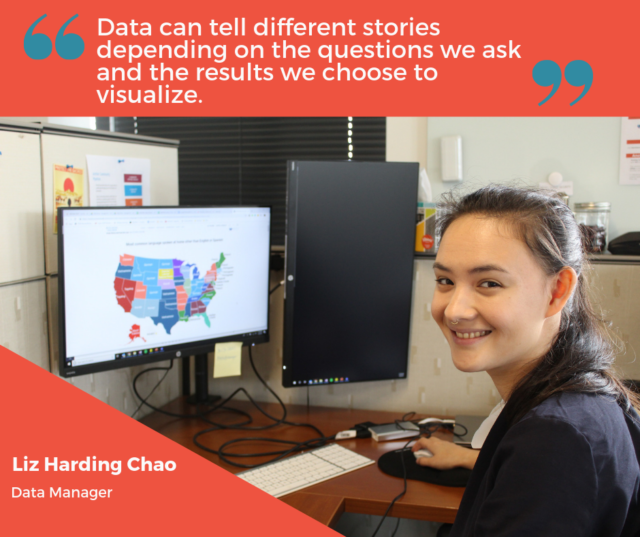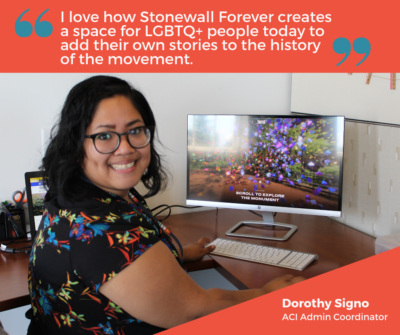Here at A Way Home Washington, our staff is always eager to learn. We’re always sharing articles, videos and other resources with each other to broaden our perspectives. Here’s what we’ve been reading and watching this month:
Liz’s Pick: Most Common Language After English and Spanish
The questions we ask when analyzing data and the results we choose to visualize shape the stories we tell. This map shows us the most common languages spoken in each state after English and Spanish, providing a different perspective of the United States. Seeing Navajo and Sioux on the map is a powerful reminder that Native cultures and languages are still an important part of our society.

Erin’s Pick: Can Power Be Anything But Zero Sum?
For our work to be effective, we know that we need to share power and decision-making with young people with lived experience. In his column, Jeff Raikes – one of our important partners and funders from the Raikes Foundation – reflects on how important it is for people with great privilege and power to use it to give people with lived experience a platform to shape solutions.
Sully’s Pick: The Need for Responsible Storytelling
Young people’s personal stories have a lot of power – both to mobilize the community and to shape how the community sees young people with lived experience. To us, responsible storytelling means that young people choose when, where and how they share their stories.
Elysa’s Pick: When They See Us
Family disruption is one of the root causes of youth and young adult homelessness, and it disproportionately impacts young people of color due to systemic racism. This miniseries, based on the wrongful conviction and incarceration of five black and Latino teenagers, portrays how the judicial system breaks families of color apart.

 Dorothy’s Pick:
Dorothy’s Pick: